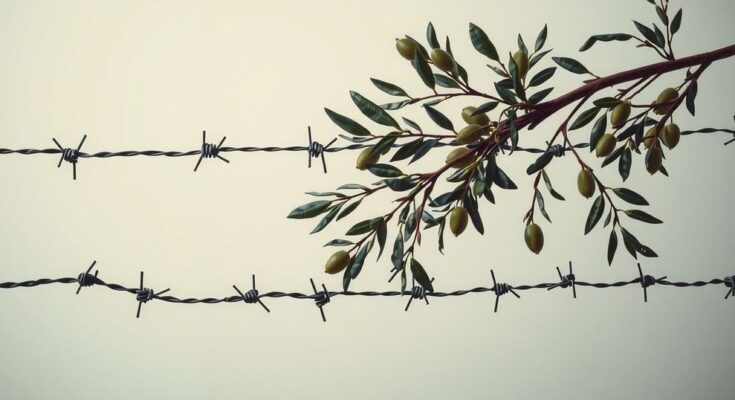PKK, the Kurdish militant group, has been in conflict with Turkey for over 40 years, initially seeking independence but now advocating for Kurdish rights. Abdullah Ocalan’s recent appeal for peace adds complexity, yet the Turkish government’s response is unclear. The Kurdish population, concentrated in several countries, has faced oppression historically. Past peace efforts have largely failed, underscoring the challenges in resolving this longstanding conflict.
The Kurdistan Workers’ Party, known as PKK, has engaged in an armed struggle against the Turkish government for over forty years, advocating for the rights of Turkey’s Kurdish population, which constitutes approximately 15% of the country. Initially founded in the early 1980s to demand independence, the PKK transitioned to seek increased rights after its leader, Abdullah Ocalan, was imprisoned in 1999. This shift occurred as the conflict escalated beyond eastern Turkey, resulting in numerous civilian casualties due to PKK bomb attacks in urban areas.
Despite Ocalan’s recent call for PKK members to cease hostilities, the Turkish government’s response and potential incentives for peace remain ambiguous. The PKK has faced significant military setbacks in major Kurdish cities, particularly in recent years, illustrating the complexities in the longstanding conflict. While Ocalan’s ideology has shifted, the impact of his plea for peace will depend on the willingness of both parties to engage in constructive dialogue.
The Kurdish people, an ethnic group of around 40 million, reside primarily in Iraq, Iran, Syria, and Turkey, and have faced historical oppression and cultural suppression. Following World War I, promises of autonomy were not fulfilled, leading to numerous uprisings. In Syria, Kurdish-led forces, with ties to the PKK, have gained control of significant territories and have allied with the United States against the Islamic State, although their future remains uncertain amid regional instability.
Efforts to negotiate peace between Turkey and the PKK have seen various attempts since the first ceasefire in 1993. However, these attempts continually falter, with the most recent surge in dialogue collapsing in 2015. The persistent cycle of violence, attributed to mutual blame, underscores the entrenched nature of the conflict and the significant challenges that lie ahead for any potential resolution.
The PKK represents a complex actor in Turkey’s socio-political landscape, embodying the struggle for Kurdish rights amid decades of violence and repression. Abdullah Ocalan’s call for ceasing armed conflict raises questions about the prospects for peace. The Kurdish plight, intertwined with historical promises and regional dynamics, continues to shape both local and international relations. Renewed dialogue remains essential for a peaceful resolution to this protracted conflict.
Original Source: indianexpress.com




